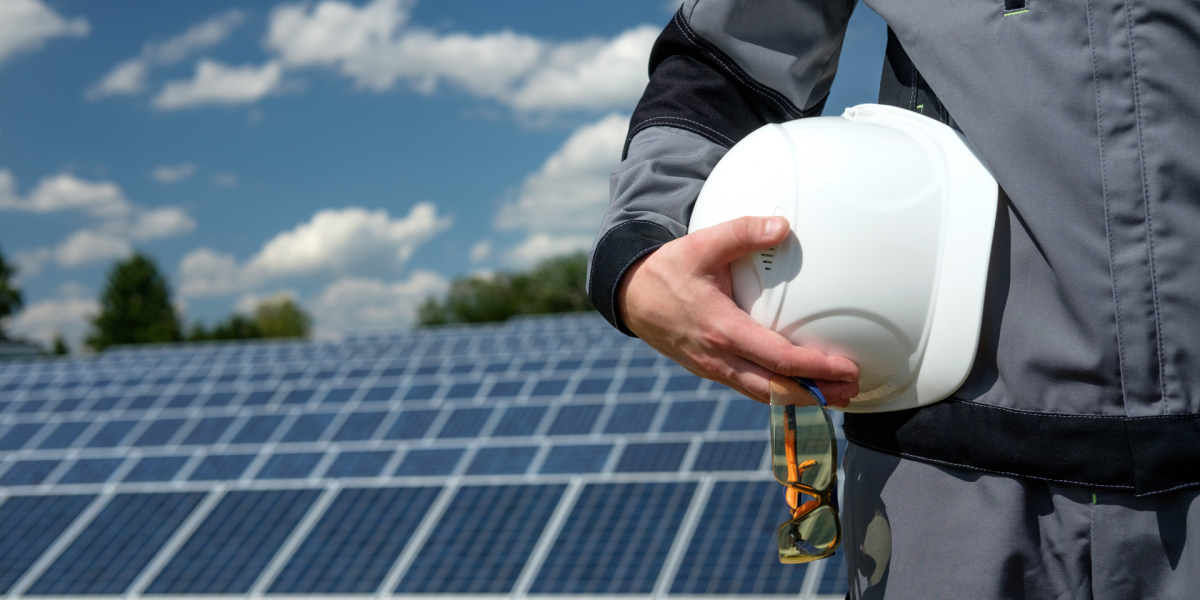The sun is situated at an astronomically long distance from the earth, which is inhabited by more than 7 billion people. The distance will not decrease in physical terms, but whether we can live together equitably on a healthy planet will largely depend on the choices and decisions we make at present. One such choice is the large-scale utilization of solar energy which is currently receiving more attention than ever before. After all, it powers many end-use applications such as lighting, water pumping, telecommunication, off-grid and on-grid power generation and refrigeration for remotely located households and communities.

Nowadays, Solar Energy and Wind Energy are among the fastest growing energy sources in the world. In fact, renewable energy is accountable for providing jobs to 6 million people globally and triggering and annual investment of about 250 billion dollars worldwide. Renewable, especially solar, can significantly lessen the dependence on energy imports and contribute to urgently needed electricity demand globally.
Renewables are the cornerstone and foundation of a sustainable energy future. The need of the hour is to promote enabling policies and further develop a broad range of renewable energy technologies and applications in all sectors, including agriculture applications, heating and cooling, water desalination, industrial applications and transport.
The exact difficulties that countries face depend upon national circumstances, the dynamics of the global system and the flows of information and resources. Devising effective responses to a problem that is global and multi-generational in scale presents a challenge that is, especially for developing countries, greatly complicated by the simultaneous need to expand access to essential energy services and to advance multiple objectives, including economic and social development goal as well as environmental ones.



